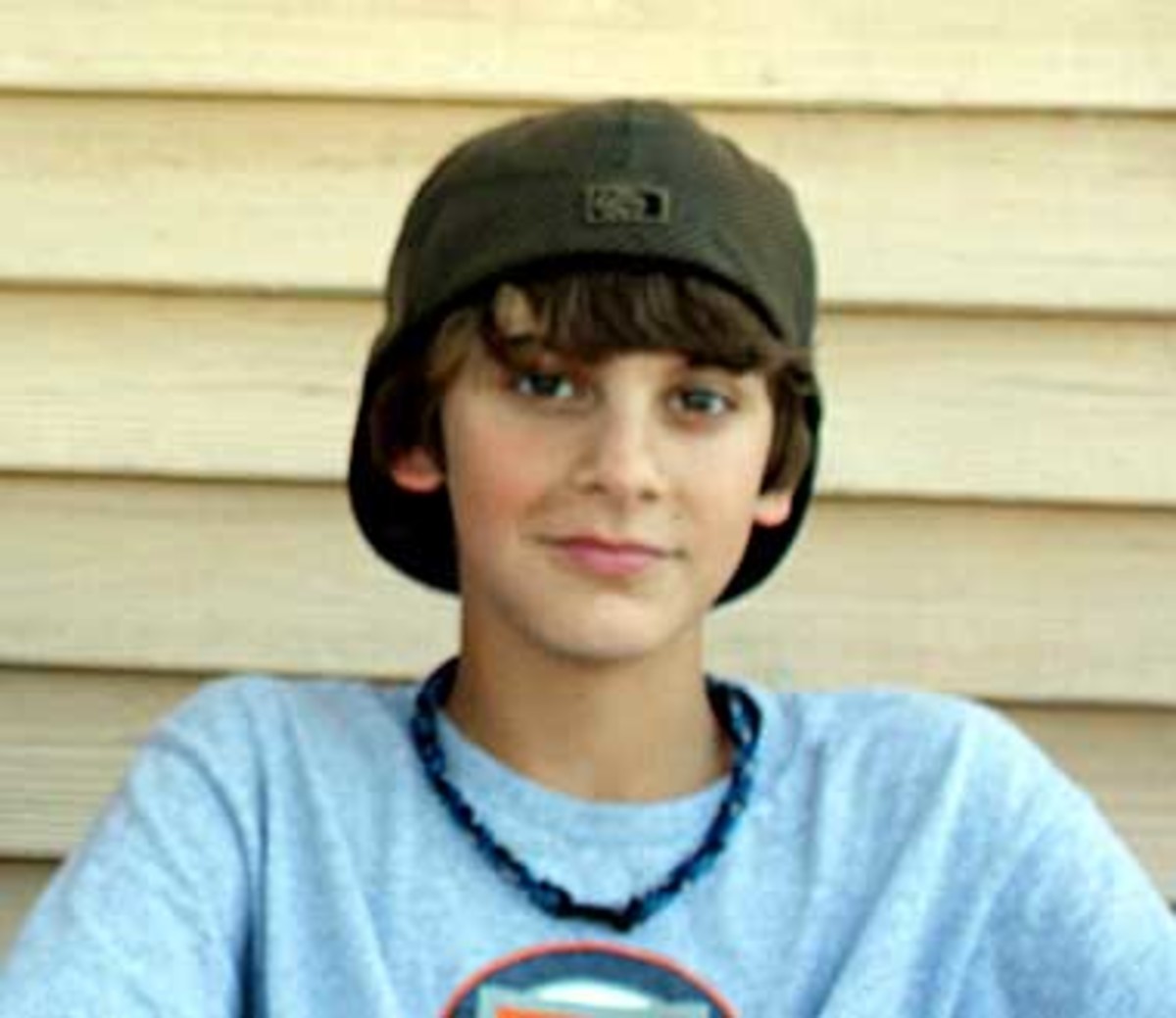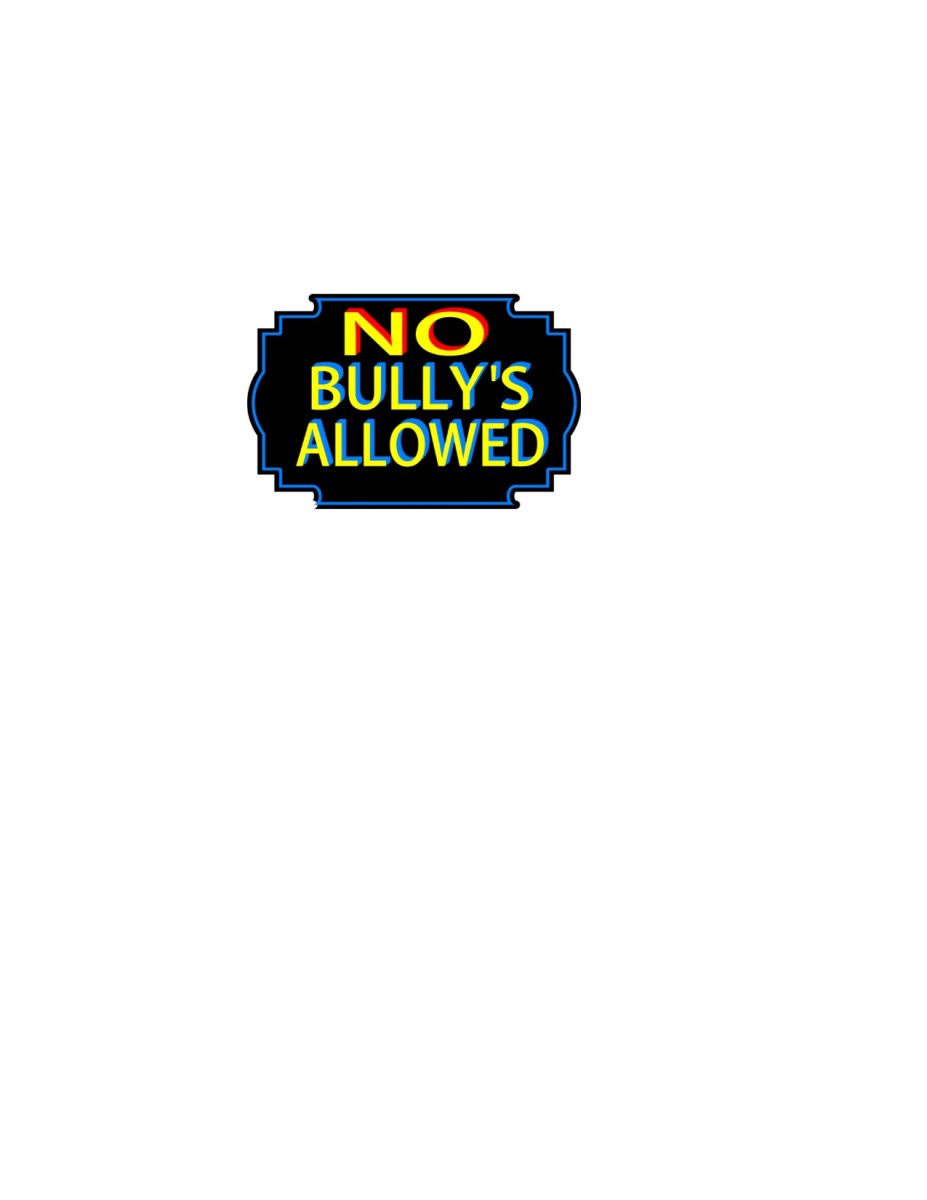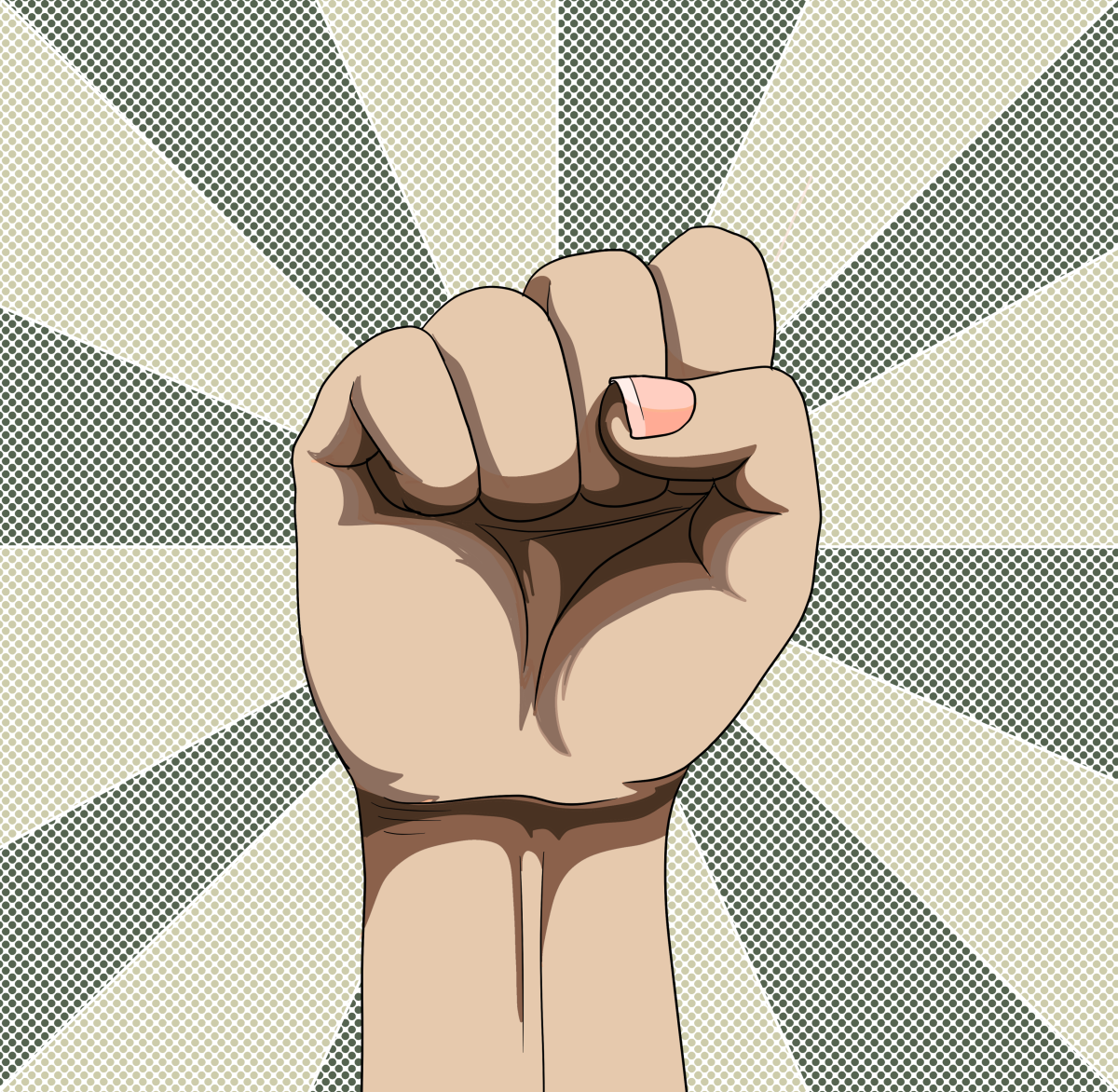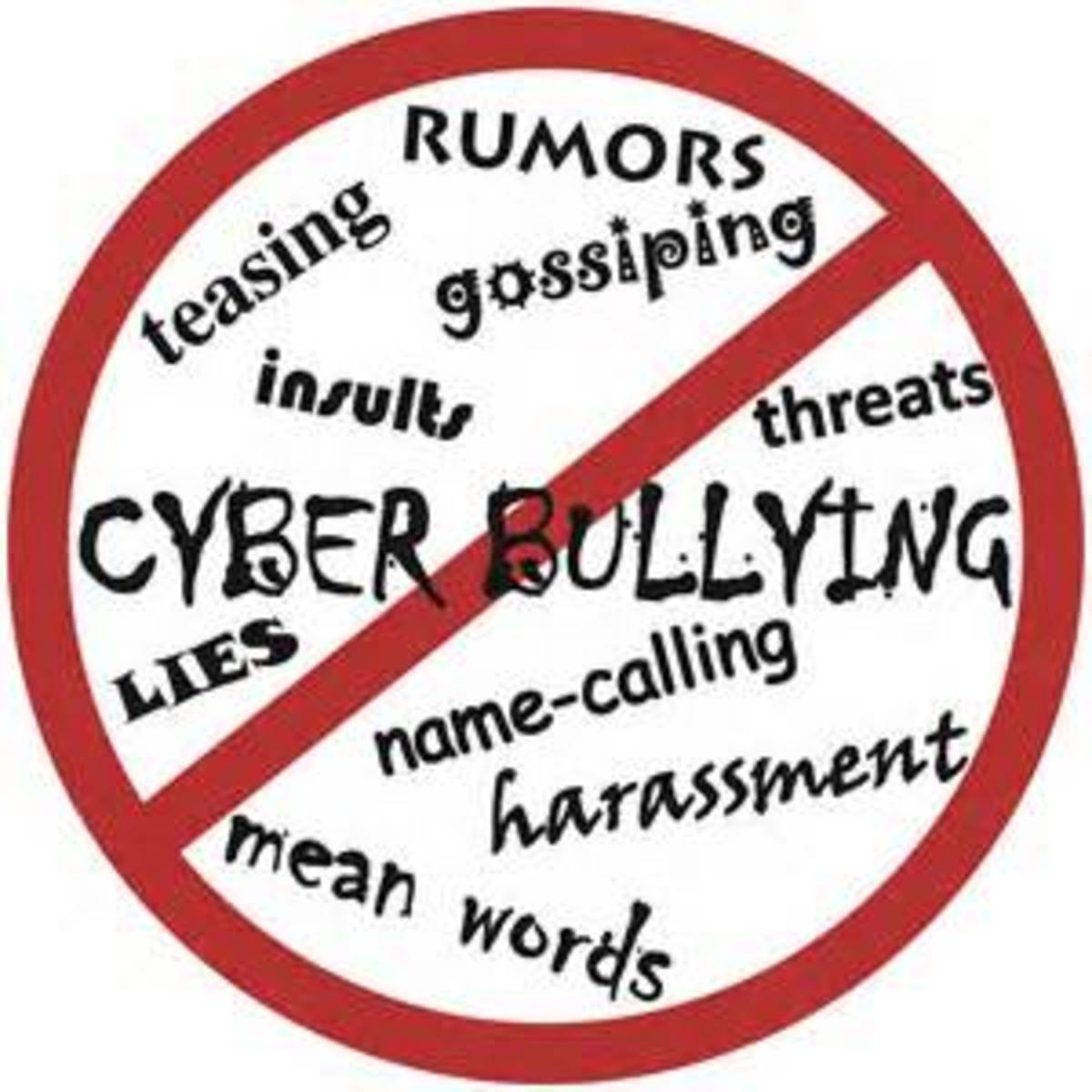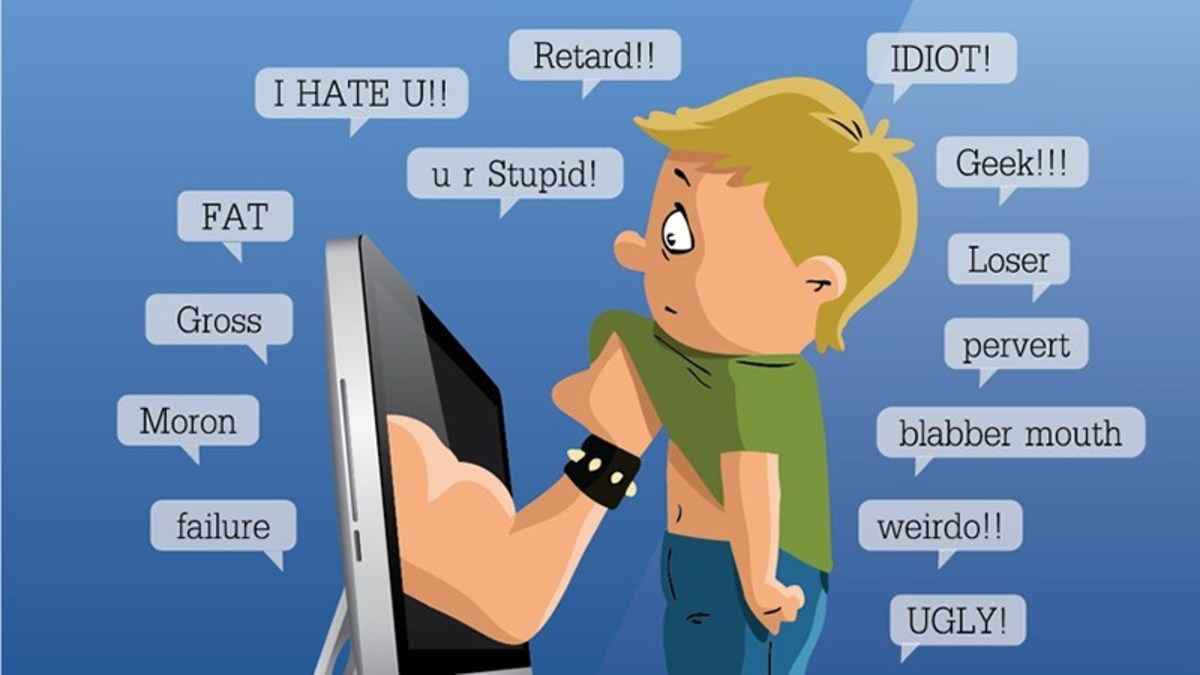Bullying and its consequences
In his farewell letter he wrote: "Dear Mom and Dad, I've spent my whole life mocked, bullied, teased and excluded. You guys are fantastic. I hope you are not angry. Until we meet again, Tim. "
Worldwide, 15 to 25 percent of children face bullying, as perpetrator or victim . The consequences can be profound. In Tim's case, the bullying ended with his suicide. His story was in our newspapers the past week.
In each class sits an average of two children who are bullied. Some 350,000 children are bullied at least once a week. Both in primary and in secondary school. Furthermore, every day around 250,000 adults are bullied, especially at work.Bullying at work is one of the fastest growing causes of complaints of workplace violence. Some countries even reports that it is more common than racial or sexual harassment.
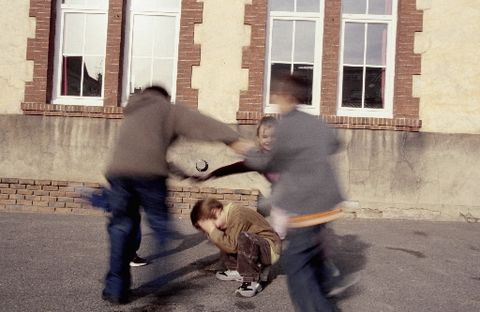
Whether on the playground or in the workplace happens all the bullying seems to have one common feature - the use of power to hurt or humiliate another. But why do some people bully? What are the consequences? And what can you do?
Physical bullying:
This is the easiest to recognize. The bullies express their anger at their target by hitting, pushing or kicking - or destroying belongings of their victims
Verbal bullying:
They hurt and humiliate the target with words - by shouting, insulting or persistent teasing.
Relational bullying:
They spread vicious gossip about the target. Especially female bullies exhibit this behavior.
Reactive bullying:
This happens when victims of bullying, bully themselves. Of course, the fact that they are victims of bullying have no excuse for their behavior, it only helps to explain it.
How do you know if your child is being bullied?
Children who are bullied often do not talk about it with their parents. They are ashamed and find it difficult to talk about. They are afraid not to be believed. It can take a long time before you notice that your child is being bullied. If you feel that something is wrong, then it usually is. Possible signals include: your child has frequent headaches or abdominal pain, school results suddenly go backwards, he or she does not like to go to school, they isolate themselves from others, and he or she does not sleep.
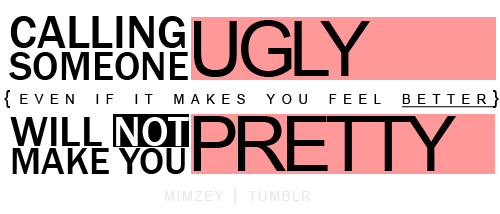
Which children are bullied?
Every child is at risk of being bullied. Children who are bullied often have some similarities. They differ from the standard (high grades, they look different or they have exceptional hobbies), they are more vulnerable, they have low self-esteem.
How do you prevent your child to suffer from bullying?
Teach your child to stand up for themselves and others. Children need to learn that at a young age they have to say No. And the best place to practice, is at home.
Teach your child to ask for help. To you, but also to the teacher and others they trust. If they do ,take their question seriously. That does not mean you have to solve the problem, but you need to support them in finding a solution.
Give children the attention they need. Let them know you find it important to know what they do and where they are, without having to constantly check.
Try to resolve conflicts by talking. Children learn best from examples
If you have self respect and appreciation for people who are different, teach your children too. Mind yourself as little as possible with the choice of friends or girlfriends. Let your child decide who they invite.
Ensure good contact with school. Do you know who your child's contact at school is? Do you know with whom your child has good contacts, do you know their best friends? When you have an opportunity to talk at school , such as parents' evenings, go. And if you worry, report at school.
Bullies are often physically and verbally stronger than bullied children. Advise to encourage children to exercise, so that they have more confidence in their own body.
Bullying happens nowadays often online, via SMS, chat, MSN or social media sites like Facebook. Don't forget these.
How often it happens that children commit suicide after bullying?
It is not common for this reason that children commit suicide. But there are many children who are at risk.
Can you prevent bullying?
It is not possible to completely prevent bullying. Parents can teach their children to stand up for themselves or others , so that the teasing can stop at an early stage. Children who can firmly stand in their shoes, do not fall victim to bullying easily.

